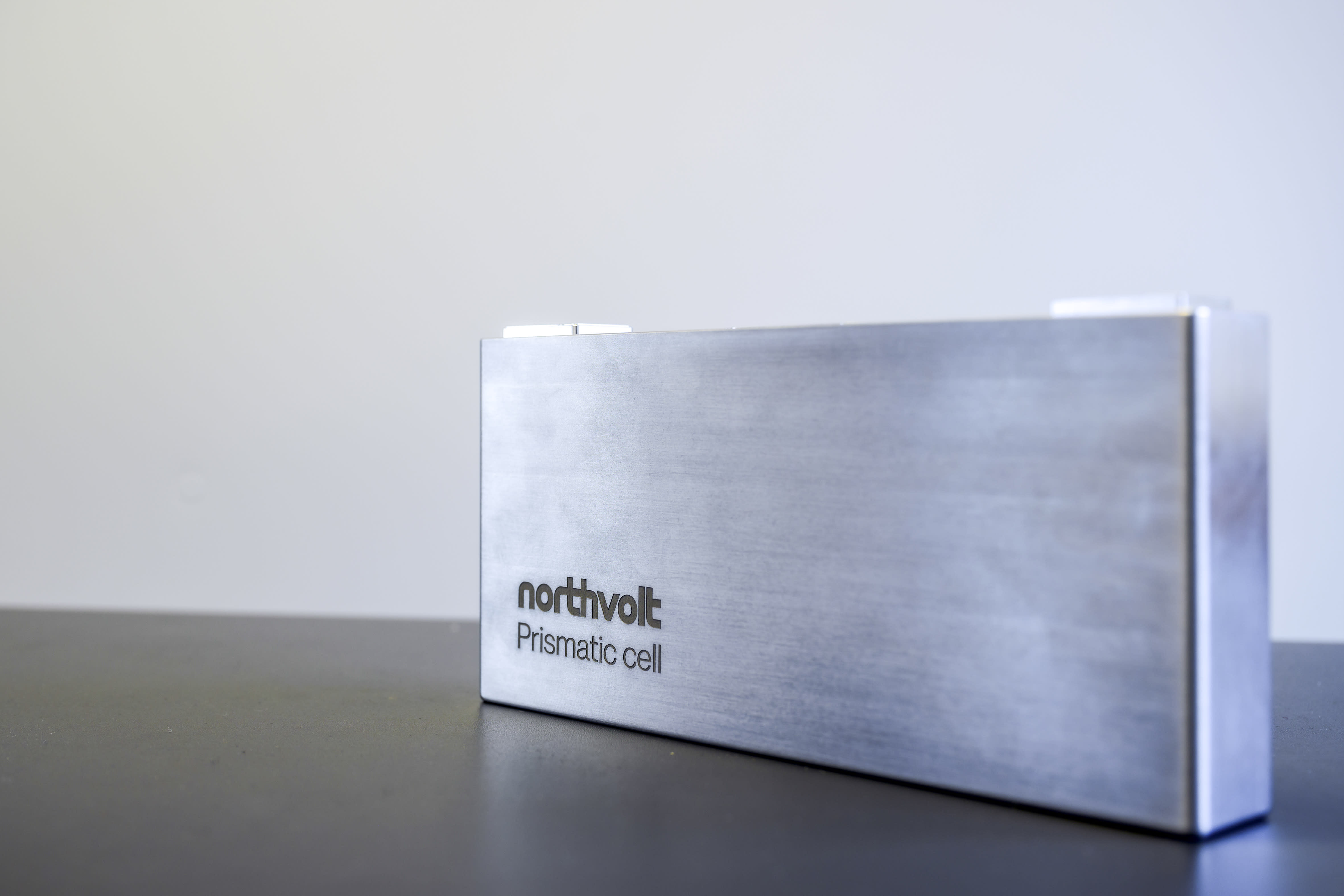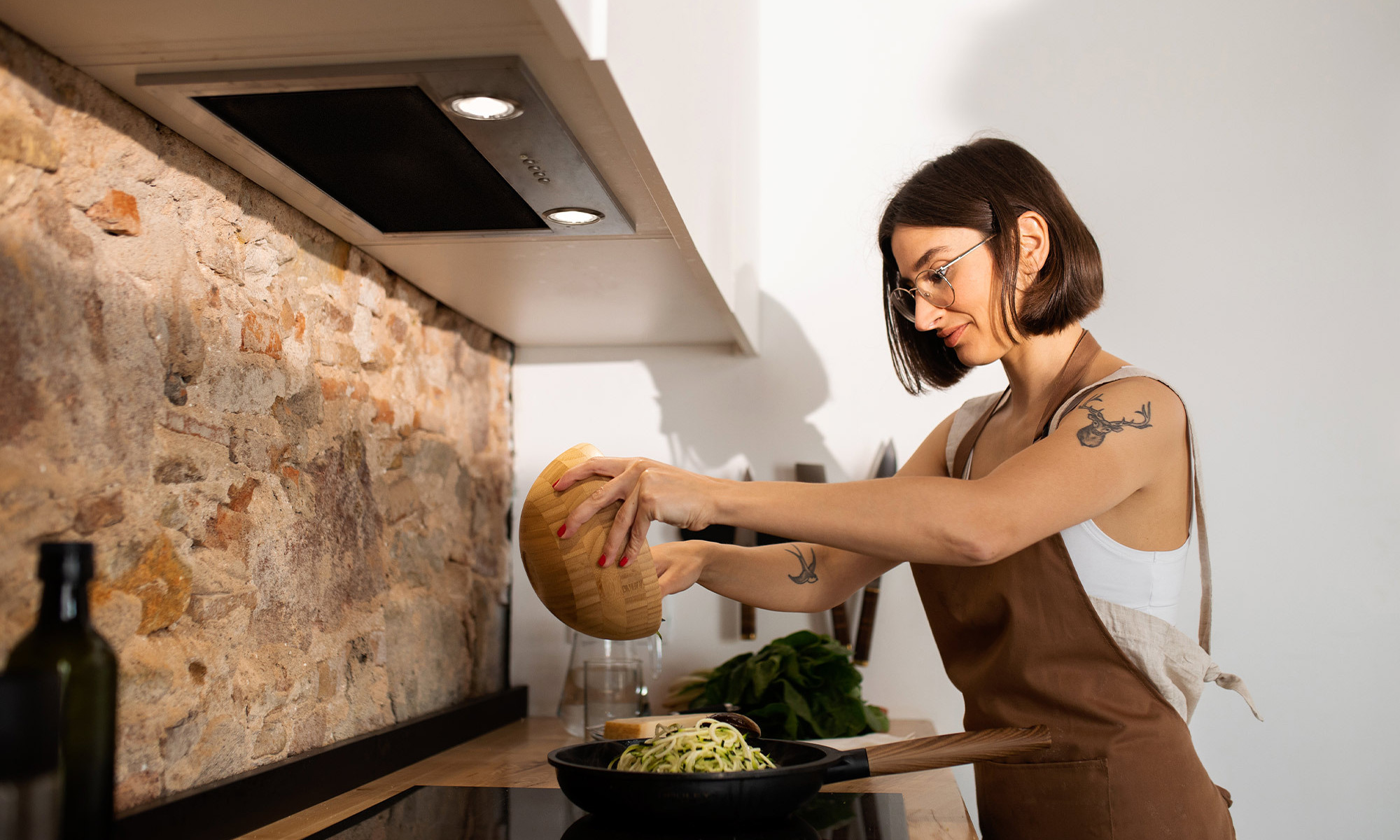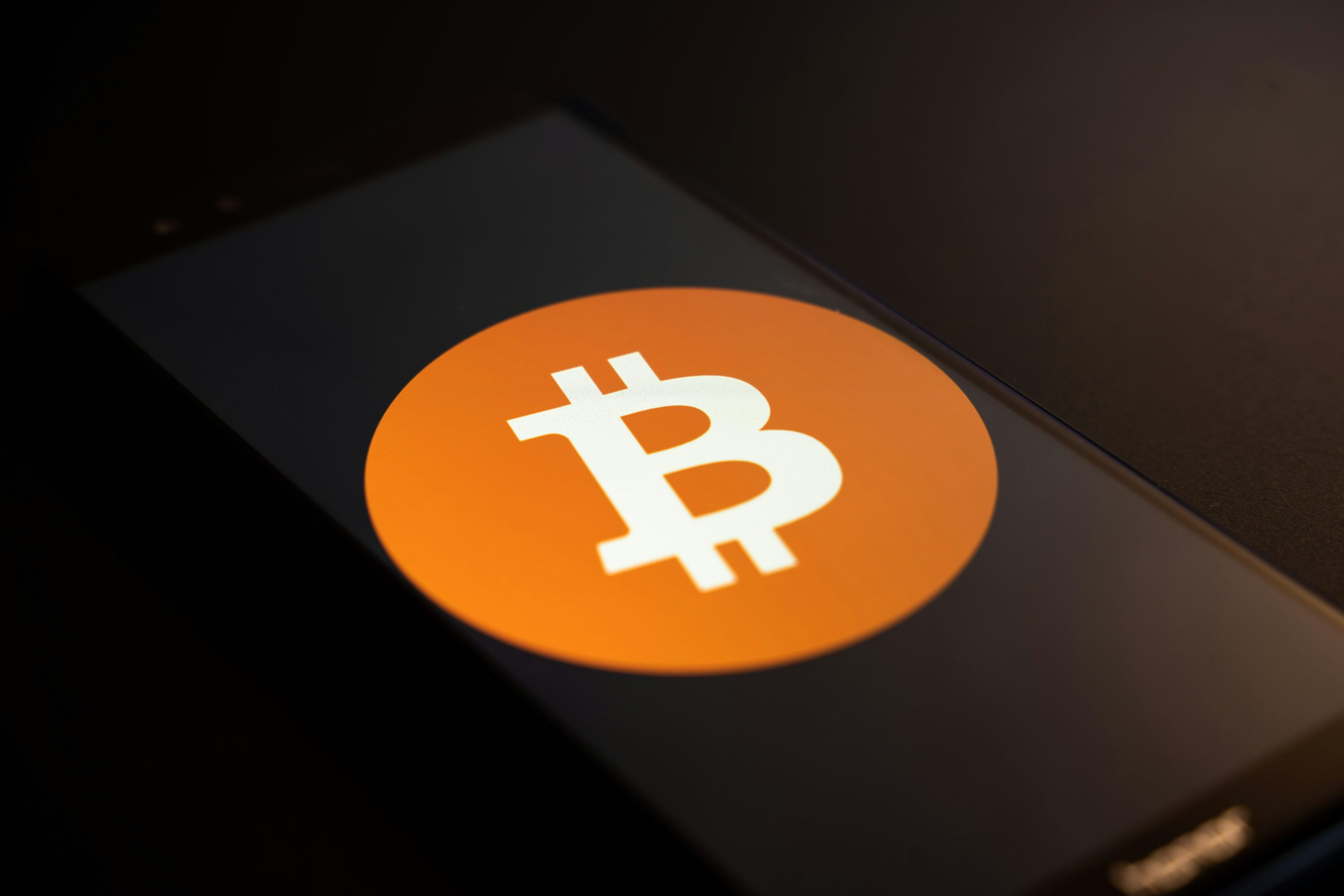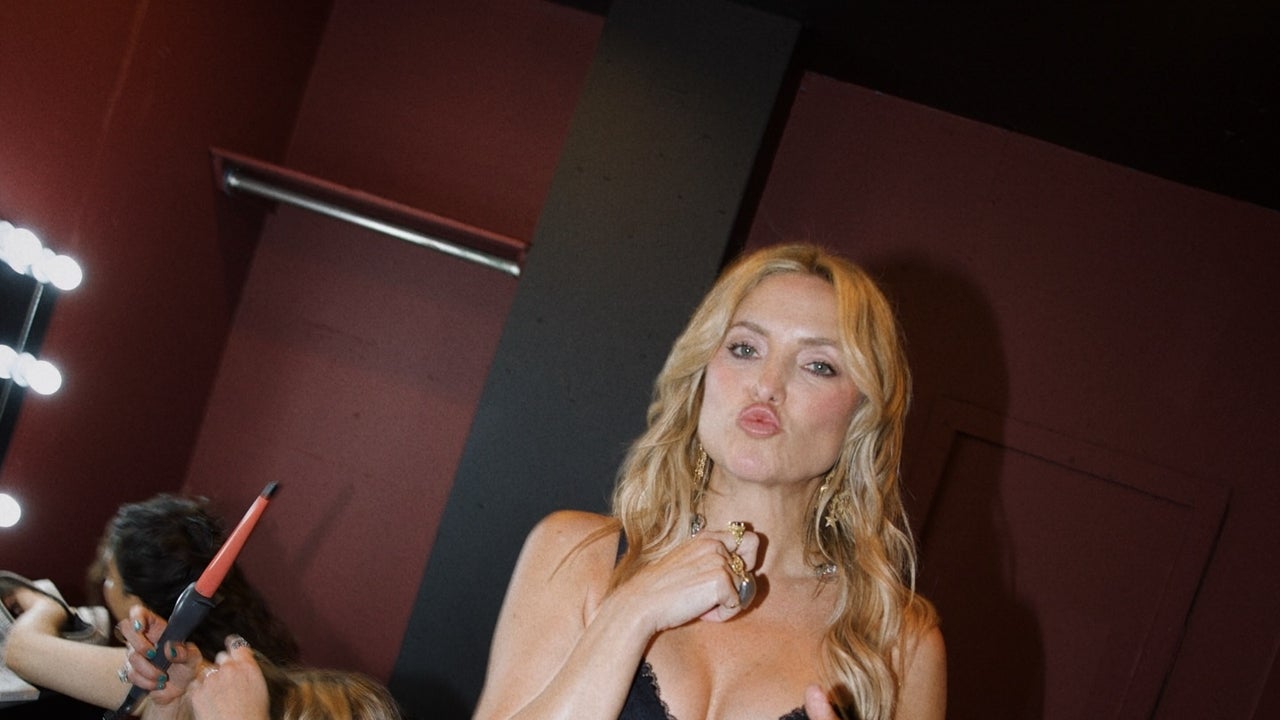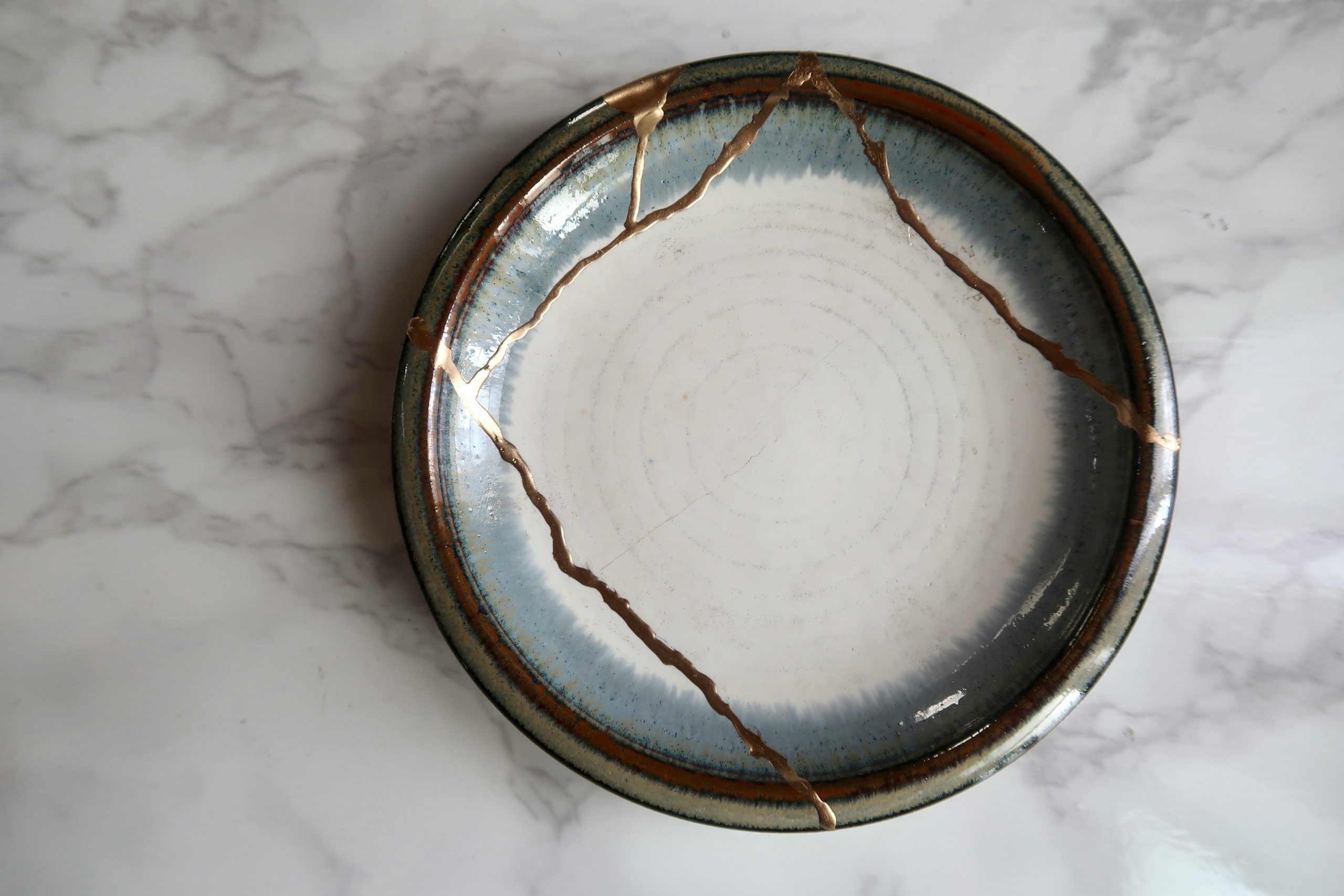When NFTs came to roller derby, roller derby put up a fight
Lady Trample, left, and Miss Tea Maven, right, are two of the three roller derby skaters who tried to launch a derby-themed NFT project. | Photo collage: Amanda Northrop/Vox; illustrations: Samara Pepperell“Blockchain” would make a good derby name. When...

When you think about roller derby, you probably think about tough people on roller skates zipping around a track and hitting each other. You probably don’t think about the blockchain. But crypto has entered the arena, whether roller derby is ready for it or not.
Three roller derby skaters — Lady Trample (real name: Samara Pepperell), Miss Tea Maven (Jennifer Dean), and Sharon Tacos (Cailin Klein) — tried to start an NFT project this month. NFTs, or non-fungible tokens, are digital assets that are stored on the blockchain. One of the best known uses of NFTs is to prove ownership of digital art, like those cartoon apes you may have seen around, or Reese Witherspoon’s current Twitter avatar (and latest business venture). But you don’t “own” the art; rather, you own a token that represents it. You can also make a lot of money selling these tokens.
Like crypto itself, NFTs are polarizing. Some see these digital assets as the great new frontier in art collecting, digital ownership, and community. A lot of other people think they are an environment-destroying scam, where a small group is getting very rich off what are effectively just lines of code with no actual value or use. These criticisms played out on a smaller scale when the derby NFT project was announced.
In some ways, roller derby and NFTs are similar. For many, they don’t just represent a sport or an investment opportunity, respectively. They’re also communities that outsiders don’t understand. They’ve both been accused of being a cult or a fad.
But these theoretical parallels don’t mean the roller derby and NFT communities go hand-in-hand in real life. Trample, Maven, and Tacos thought they would, and created ’Bout Time NFTTT. (Roller derby games are called bouts and each of the skaters has a T in their derby name.)
If you follow roller derby, you know who at least one, if not all three, of ’Bout Time’s founders are: They’re elite athletes who have played for the best roller derby teams in the world. Tacos came up with the idea in January. She says she got into crypto during the pandemic, and she had the skills and knowledge to produce her own NFT collection. Inspired by other NFT projects that donated to various causes, Tacos thought she could do the same for roller derby by donating a portion of the proceeds to struggling leagues. She reached out to two skaters whose skills the project would need: Trample is an artist who could draw the images, and Maven works in marketing and could promote the project.
It’s not unusual for skaters to launch their own derby-related businesses, from making gear and apparel to owning the stores that sell it. But these are all tangible goods and services that make sense to people. NFTs would be breaking new derby consumerism ground.
Roller derby could use the help. The sport was largely shut down during the pandemic. Two years on, it’s nowhere close to recovering, and likely never will. Many leagues lost their venues, their income sources, and their members. A cash infusion could do wonders for them. The three also saw this as a way to generate more outside interest in the derby, or as a jumping-off point for other uses of NFTs and the blockchain that could also popularize the sport.
You can see where they would get that idea. Many other sports leagues and athletes are getting into NFTs, so why not this one and why not them? And derby’s DIY ethos feels similar to the decentralized community that most successful NFT projects — and the NFT space itself — include. Maven said she also saw this as a chance for more women to get involved in a largely male-dominated industry. Trample drew the base image of a roller derby skater and the hundreds of interchangeable elements, from the skates to the tattoos, that would be layered on top of it. They generated thousands of images, each with its own NFT.
“It was just trying to be a broad representation of the sport, and a cool way of creating something that’s collectible,” Trample said.
They announced the project on March 9 with an Instagram Live, along with a website that provided all the details, social media accounts, and a Discord channel.
Here’s how it was all supposed to work: On March 31, ’Bout Time would drop 10,000 NFTs that people could buy for $25 worth of a cryptocurrency called Polygon. Depending on how many NFTs they sold, they’d donate up to 50 percent of their proceeds to roller derby leagues, with the NFT holders deciding as a group which leagues. Another 5 percent would go to nature nonprofits to offset the environmental cost of minting the NFTs. The rest of the money would be split up among the three, minus any other fees they incurred and the taxes they’d owe. If they sold all 10,000 NFTs, they’d each net a nice chunk of change, but no one was getting rich here. Not off the initial sales, anyway — NFTs have, of course, been known to skyrocket in value.
One has to wonder if there was enough of a crossover between the roller derby community and the NFT community to sell 10 of these, let alone 10,000. But ’Bout Time didn’t think there would have to be. People who are into NFTs buy from collections that don’t represent things they like or do all the time, from cartoon cats to pixelated punks. Why not derby skaters, too?
“I think the artwork is super cool,” Tacos said. “I love most of the things Trample designs, and I’m confident that other people think it’s rad, too.”
Ideally, they said, most of the money wouldn’t come from the derby community at all. But it would go back into it.
That’s not how most of the derby community — or at least, the most vocal segments of it — saw things. In hundreds of comments across derby-related social media channels, the three were accused of many of the same things that the NFT world in general is criticized for. People didn’t understand what NFTs were or what they would be buying. They said NFTs were scams and pyramid schemes. They saw celebrities using their fame to make money off their fans. They were promoting a project that harmed the environment. If you don’t know much about NFTs and can’t wrap your head around them, it’s easy to see their downsides. It’s much harder to see how they’re good or useful.
Unlike most NFT projects, however, this criticism was coming almost entirely from their own community, one that has been supportive of them in the past and that they thought the project could help. The three anticipated some of this and thought they were prepared to address it. But they didn’t foresee how vitriolic, numerous, and uniformly negative the comments would be. They had supporters, but most of them were afraid to express that support publicly, lest they get attacked, too. ’Bout Time also worried that any leagues they contributed to would face similar animosity. Social media combined with the derby community can lead to some pretty nasty pile-ons.
“They just want to have a fight, and I’m not a fighter,” Trample said. “It’s not my nature — on the track, yes. Off the track, no.”
In the end, the three skaters decided that it wasn’t worth pissing off the roller derby community to create whatever this new one could have become. They decided to pull the plug.
“If this community doesn’t want us to run this project, then we’re not going to do this project for them,” Trample said. “The whole reason was to raise money for the derby community, and they so strongly spoke out against us.”
So ’Bout Time NFTTT is over before it began. But all three say they believe NFTs — or at least, the blockchain technology they’re based on — are here to stay. Tacos is involved in a different NFT project already, which may find a more receptive audience. Or perhaps not: Some reports say that the NFT bubble is about to burst, with average sales prices dropping in the last few months. On the other hand, people have been saying that the bottom will fall out of the crypto market for years, and it’s still going.
For now, it looks like roller derby isn’t ready for NFTs. Or maybe it will find a different, uniquely derby way into it. As one person noted in a derby gossip Facebook group that was heatedly discussing the matter: “Blockchain” would make a good derby name.
This story was first published in the Recode newsletter. Sign up here so you don’t miss the next one!

 Fransebas
Fransebas 










